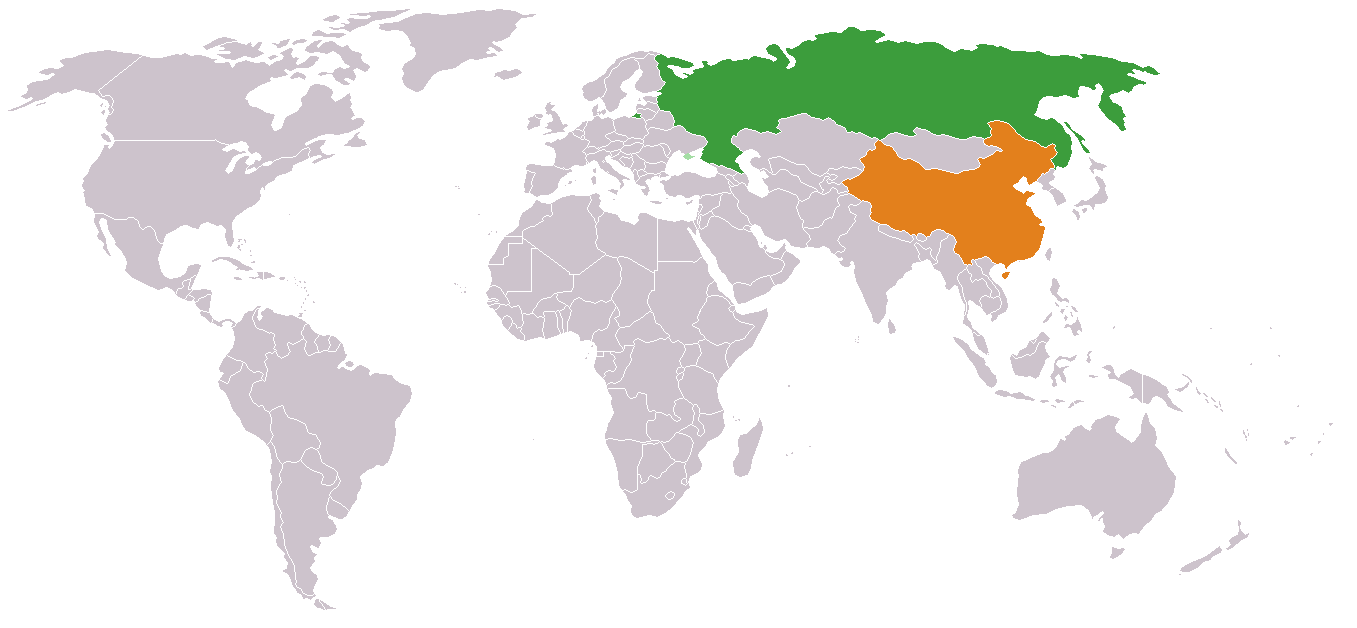The fear of an all-out nuclear war between Russia and the U.S. has been increasing in the past few years as tensions between the two super power have increased. Following the collapse of the Soviet Union in around 1991 and the end of the Cold War it was hoped that money that had poured into weaponry could be redirected to domestic use in what some called the “peace dividend.” Unfortunately, spending on weapons is rising once again that the specter of nuclear war is in the headlines.
While the Soviet Union was seen as the main threat to the U.S. in terms of nuclear weapons, China also develop nuclear weapons. China was an ideological foe of the U.S. and also a potential nuclear threat. Today, although China is expanding its nuclear arsenal, it is committed to never use nuclear weapons first and it maintains only a retaliatory capacity.
During the Cold War, the U.S. feared both the Soviet Union and China. They were both communist countries hostile to the U.S. Most people in the U.S. assumed that they were on the “same page” and united by their opposition to the U.S. However, it turns out that this is not the whole story.
Around 1950, both the Soviet Union and China sent fighter pilots to North Korea to support North Korea in the Korean War. Pilots from both countries shot down U.S. planes and killed U.S. pilots. This was a high point in relations between the Soviet Union and China. During this time, China was basically a client state for the Soviet Union which was bigger, richer and armed with nuclear weapons. As the 1950s came to a close, Chinese desire to also be a nuclear power rose.
In 1964, China detonated its first atomic warhead and joined the small club of nuclear powers. Tensions were already rising between China and Russia over border disputes and China’s entrance into the nuclear club aggravated those tensions. They fought skirmishes across their long shared border. Both countries built up their troop numbers and invested in conventional weaponry as well as chemical and biological weapons.
In 1969, China and the Soviet Union engaged in what came to be known as the Sino-Soviet border conflict which lasted for seven months. China refused to be intimidated by the Soviet Union and brought unwanted international attention to the conflict. During that summer, representatives of the Soviet Union began to quietly contact other nations and suggest that it might be necessary to carry out surgical nuclear strikes against China to destroy its nuclear capability.
China and the Soviet Union carried out bilateral discussions in 1970 and that eventually resulted in peace between the two countries. Perhaps the Soviets were bluffing and just trying to scare China into capitulating. On the other hand, maybe the threat was real. In any case, the Cold War went on and the U.S. continued to plan for a possible nuclear war with the Soviets. Fortunately, the world has been able to avoid nuclear war since 1945 and the end of World War II. Hopefully that will continue to be the case.
Nuclear Weapons 370 – China and the Soviet Union Almost Engaged In Nuclear Warfare

Written by
in
